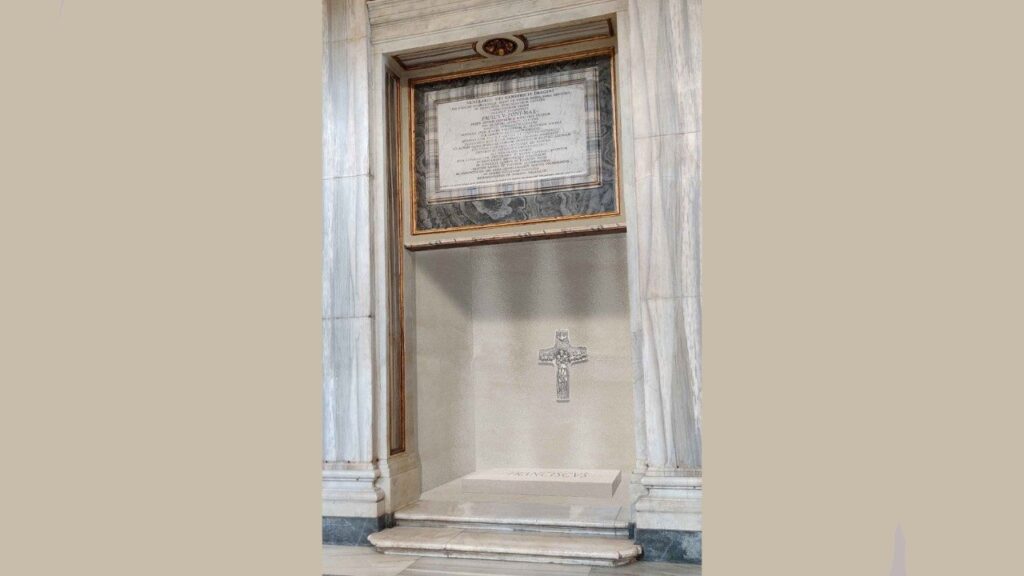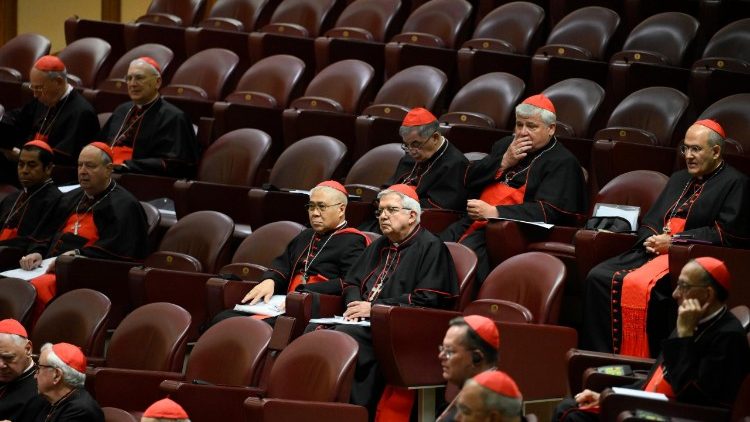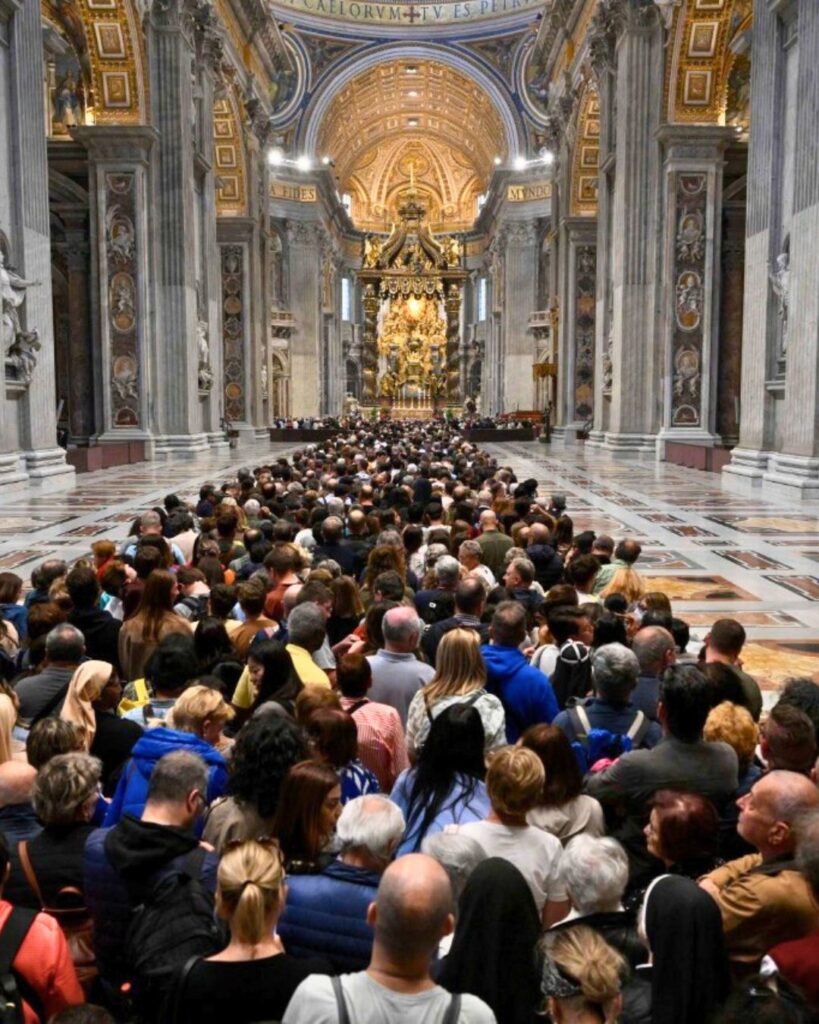Populorum Progressio Foundation Plans Projects
Focus on Latin America and Caribbean due to COVID-19 Pandemic

The Board of Directors of the Populorum Progressio Foundation – entrusted to the Dicastery for the Service of Integral Human Development – held, this June 22 and 23, virtually its annual meeting corresponding to the year 2021. In the initial session, more than making an analysis of the already well-known difficult reality that affects the world, especially Latin America and the Caribbean due to the COVID-19 pandemic, the member bishops proposed a dialogue in the key of hope, seeking to envision ways that contribute to turn into action the call of Pope Francis to “act now for the future”. In this context, the many and varied gestures of charity and solidarity of people and institutions were highlighted, the revitalization of various forms of volunteering and participation of young people in the face of the call of social needs, the creative use of virtual and communication media in liturgical celebrations, evangelization and educational, informational or relief events. There is an awakening of religious sentiment, while the challenge of returning to the temples that are gradually reopened is raised. It is clearly seen that, in a predominantly Catholic continent such as Latin America, the Church is summoned to make a strong call to hope.
In order to act now for the future, the Council approved 104 projects for integral human development and 28 for humanitarian aid through the Family Food Basket Program, for a total of 132 projects, from 23 countries of the region, for an amount of US $ 2,528,185. This Basket Program responds to the Holy Father’s desire to involve the Foundation in the work of helping the local Churches through the Vatican COVID-19 Commission. Given the magnitude of the needs, all these help pretend to be a gesture of the Pope’s charity and solidarity of the Church, as well as an encouragement and call to all Christians and people of goodwill to “encourage ourselves to dream big … let’s not try to rebuild the past, especially the one that was unjust and was already sick “(Pope Francis, General Audience, 23.IX.2020), in the certainty that “from this crisis we either leave together or we do not leave” as the Pope insists.
The meeting was presided by H.Ex. Msgr. Javier Del Río Alba, Archbishop of Arequipa (Peru), President of the Council. The Vice President, H.Ex. Msgr. Óscar Urbina Ortega, Archbishop of Villavicencio (Colombia) and the other members of the Council: H.Em. Card. Chibly Langlois, Bishop of Les Cayes (Haiti), H.Ex. Dom Murilo Ramos Krieger, Archbishop Emeritus of San Salvador de Bahia (Brazil), H.Ex. Msgr. José Luis Azuaje Ayala, Archbishop of Maracaibo (Venezuela), H.Ex. Msgr. Eduardo María Taussig, Bishop of San Rafael (Argentina), Msgr. Segundo Tejado Muñoz, Representative of the Dicastery for the Service of Integral Human Development and the Secretary Rev. Fr. Luis Ferney López Jiménez, with his work team.
It was also attended by delegations from the institutions that generously and decisively finance these initiatives: the Italian Episcopal Conference, Cross Catholic Outreach (USA), Manos Unidas (Spain). On behalf of so many people and communities who have improved their living conditions and have been able to cope with this time of crisis with dignity or will benefit from these approved projects, our gratitude, and recognition to these institutions and their benefactors.
To conclude the meeting, the Secretary of the Dicastery for the Service of Integral Human Development Msgr. Bruno-Marie Duffè, who along with other members of this Dicastery participated in the two days of the meeting, highlighted that behind each project there are, on the one hand, poor people who suffer and wait and, on the other, the call of Christ to live charity. Before imparting his final blessing, he prayed with the prayer with which Pope Francis concludes the Encyclical Fratelli Tutti, which poses a challenge that each one should make his own: “Grant that we Christians may live the Gospel, discovering Christ in each human being, recognizing him crucified in the sufferings of the abandoned and forgotten of our world, and risen in each brother or sister who makes a new start” (FT 287).
Related

Thousands of faithful bid farewell to Pope Francis in St. Peter’s Square
Exaudi Staff
26 April, 2025
2 min

Francis’s Tomb: A Legacy of Humility and Closeness
Exaudi Staff
25 April, 2025
4 min

Cardinals Intensify Their Spiritual and Pastoral Preparation at the Third General Congregation
Exaudi Staff
24 April, 2025
1 min

Rome unites in prayer: the world bids farewell to Pope Francis with love and gratitude
Exaudi Staff
24 April, 2025
2 min
 (EN)
(EN)
 (ES)
(ES)
 (IT)
(IT)

